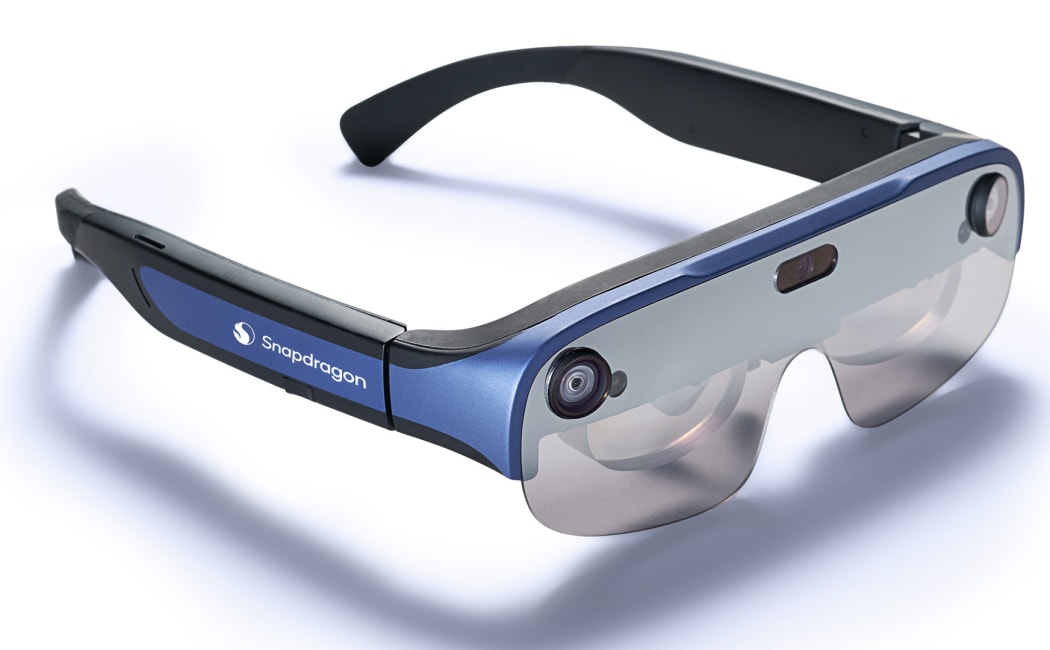Qualcomm CEO Raves About Google’s Android-for-PC Ambitions: “It Is Incredible”

At Qualcomm’s recent Snapdragon Summit, CEO Cristiano Amon revealed that he has already glimpsed Google’s bold next step: a unified platform combining Android and ChromeOS on PCs. Describing his first look as “incredible,” Amon expressed his eagerness to own a device running that system.
The Stage for Android-PC Convergence
During the summit’s keynote, Amon shared the stage with Rick Osterloh, Google’s head of platforms and devices. Ahead of the official unveiling of Qualcomm’s Snapdragon 8 Elite Gen 5 chipset, the two executives teased strategic collaboration in areas from automotive to consumer PCs.
Osterloh confirmed Google’s ambition to reduce the divide between mobile and desktop systems. “In the past, we’ve always had very different systems between what we’re building on PCs and what we’re building on smartphones,” he said, adding, “We are building together a common technical foundation for our products on PCs and desktop computing systems.”
Gemini, Android AI & Developer Ecosystem in the Mix
Part of Google’s vision is to bring **Gemini**, its full Android AI stack, and its entire application ecosystem—including developer tools—into the PC sphere. As Osterloh put it: “This is another way in which Android is gonna be able to serve everyone in every computing category.”
Amon responded with visible excitement: “I’ve seen it, it is incredible.” He hailed the platform as delivering on the convergence of mobile and PC, and added, “I can’t wait to have one.”
Why This Merger Matters
Google’s move to merge Android and ChromeOS is already gathering momentum. Executives like Sameer Samat, President of the Android ecosystem, have publicly endorsed combining the two platforms into a unified system. :contentReference[oaicite:0]{index=0}
The strategy is to rebuild ChromeOS using components of Android’s kernel and frameworks, allowing for faster updates, richer AI integration, and a more seamless experience across phone, tablet, and laptop. :contentReference[oaicite:1]{index=1}
Challenges Google Must Navigate
While promising, this convergence also raises several critical challenges:
- Timely updates: Chromebooks are praised for fast, frequent updates. Google must preserve that speed even after merging. :contentReference[oaicite:2]{index=2}
- Minimal bloat: Android has a history of preinstalled apps—Google must prevent that from diluting the clean experience users love in ChromeOS. :contentReference[oaicite:3]{index=3}
- Extension & multi-profile support: Desktop users expect extension support and user profiles—features that will need careful integration. :contentReference[oaicite:4]{index=4}
- Performance & compatibility: Ensuring the new platform runs smoothly on both ARM and x86 hardware is a complex engineering challenge.
What Users Can Expect Next
For end users, this could bring:
- A unified OS across phones, tablets, and laptops, delivering seamless workflows and shared context.
- Deep integration of Google AI services like Gemini across device categories.
- Access to more powerful apps and tools, with developers targeting a single platform rather than multiple ones.
- Preserved security, lightweight interface, and fast updates—key strengths consumers expect from ChromeOS.
That said, Google has emphasized that this transition won’t happen overnight—it’s a long-term, multi-year project. :contentReference[oaicite:5]{index=5}
In summary, Qualcomm’s Cristiano Amon calling Google’s Android-PC system “incredible” is no small endorsement. If Google can execute this merge well—preserving speed, simplicity, and developer support—it could reshape how we think about computing. The lines between mobile and desktop may soon blur entirely, with Android as the common foundation.
